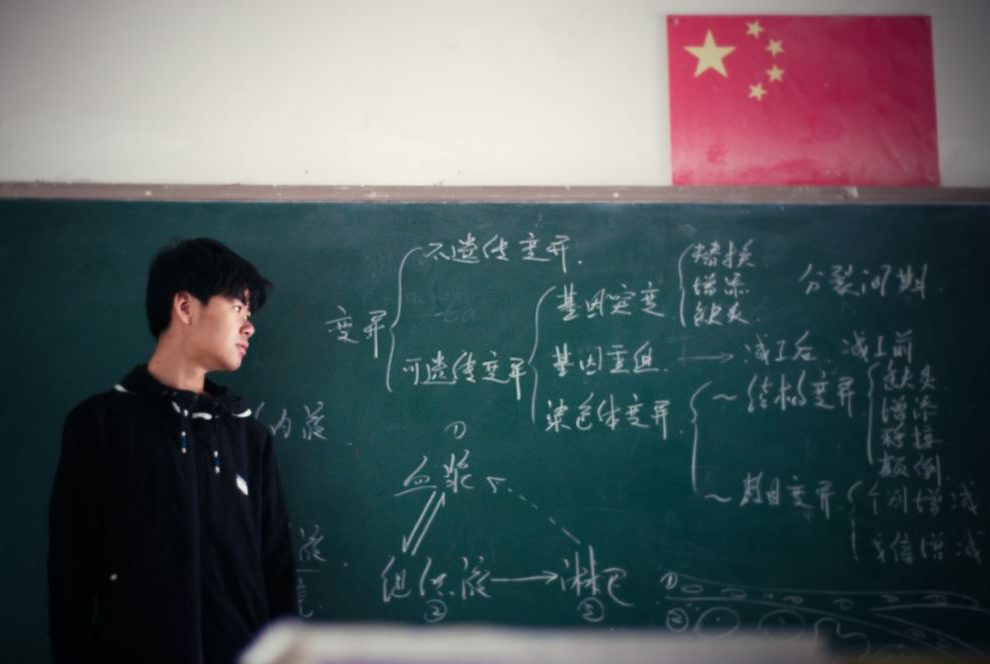Category Archives: Evolution of language

How to use gender-neutral language, and why it is important to try
by Pisana Ferrari – cApStAn Ambassador to the Global Village “International Non-Binary People’s Day” is celebrated ever year on the 14th of July since 2012 and is aimed at raising awareness around the issues faced by non-binary people. The use of a more inclusive, gender-neutral language is one such issue, as it is an important …
“How to use gender-neutral language, and why it is important to try”
Read More
The origins of idioms are lost in the mists of metaphor and meaning: they are “the fossilized poetry of language”
by Pisana Ferrari – cApStAn Ambassador to the Global Village Chi Luu, a computational linguist and natural language processing researcher, writes about idioms and their special power to draw people together in a recent article for JSTOR Daily. The origins of idioms, she says, are most often frozen in time, lost in the mists of …
Read More
Elephant in the zoom, Le Creuset wrist, and cough-shaming: how Covid lingo is creeping into our every day language
by Pisana Ferrari – cApStAn Ambassador to the Global Village Neologisms related to the coronavirus pandemic are spreading so fast that it is hard to keep up and our article on this topic of March 25 is already out of date! We have picked up some new terms here and there from different sources in …
Read More
The new forms of living, working and socializing during the current pandemic have engendered a crop of neologisms
by Pisana Ferrari – cApStAn Ambassador to the Global Village Tired of the corona infodemic and endless doomscrolling? Take a break, join a covideoparty and chill out with a quarantini …🍸 New words and phrases such as these are popping up practically every day, not to mention the thousands of memes, puns, jokes and videos …
Read More
Corporatespeak, a cryptic dialect to sound smarter or an interesting reflection of the economic metaphors of its day?
Pisana Ferrari – cApStAn Ambassador to the Global Village Molly Young is the literary critic for New York magazine and a contributing writer at the New York Times Magazine. In a recent article about corporatespeak she provides interesting insights about the evolution of this language and how it relates to the developments in technology and …
Read More
Is the apostrophe doomed to die? As language and norms evolve the future of this punctuation mark looks bleak
by Pisana Ferrari – cApStAn Ambassador to the Global Village Apostrophes are said to date back to the early 16th century and originally served to signal that something had been removed from a word. During the 17th and 18th centuries they began to be used to indicate the genitive (possessive) role of a noun. Language …
Read More
Skirting online censorship in China by “translating” a banned article into Morse, hexadecimal code, emoji and elvish language
Pisana Ferrari – cApStAn Ambassador to the Global Village People across China have been very creative in past weeks in finding ways to get around the ban on an article that was critical of how the government handled the coronavirus epidemic. The article, written by Ai Fen, director of the emergency department at a hospital …
Read More
The case of Interslavic, or Medžuslovjanski: a natural or constructed language?
by Pisana Ferrari – cApStAn Ambassador to the Global Village Attempts to create an “interslavic” language date as far back as the 17th century. The current version of Interslavic, or Medžuslovjanski, was established in 2017, and was the fruit of the merging of the Slovianski and Neoslavonic projects, the two most active projects from the …
“The case of Interslavic, or Medžuslovjanski: a natural or constructed language?”
Read More
When the evolution of a language is driven by political dissent: the example of Chinese “hot” words
by Pisana Ferrari – cApStAn Ambassador to the Global Village Mandarin Chinese comprises around 370,000 words, more than double the number of words in the Oxford English dictionary, and almost three times those in French and Russian dictionaries. “Reci”, literally translated as “hot words” are new terms that young Chinese are inventing and using online …
Read More